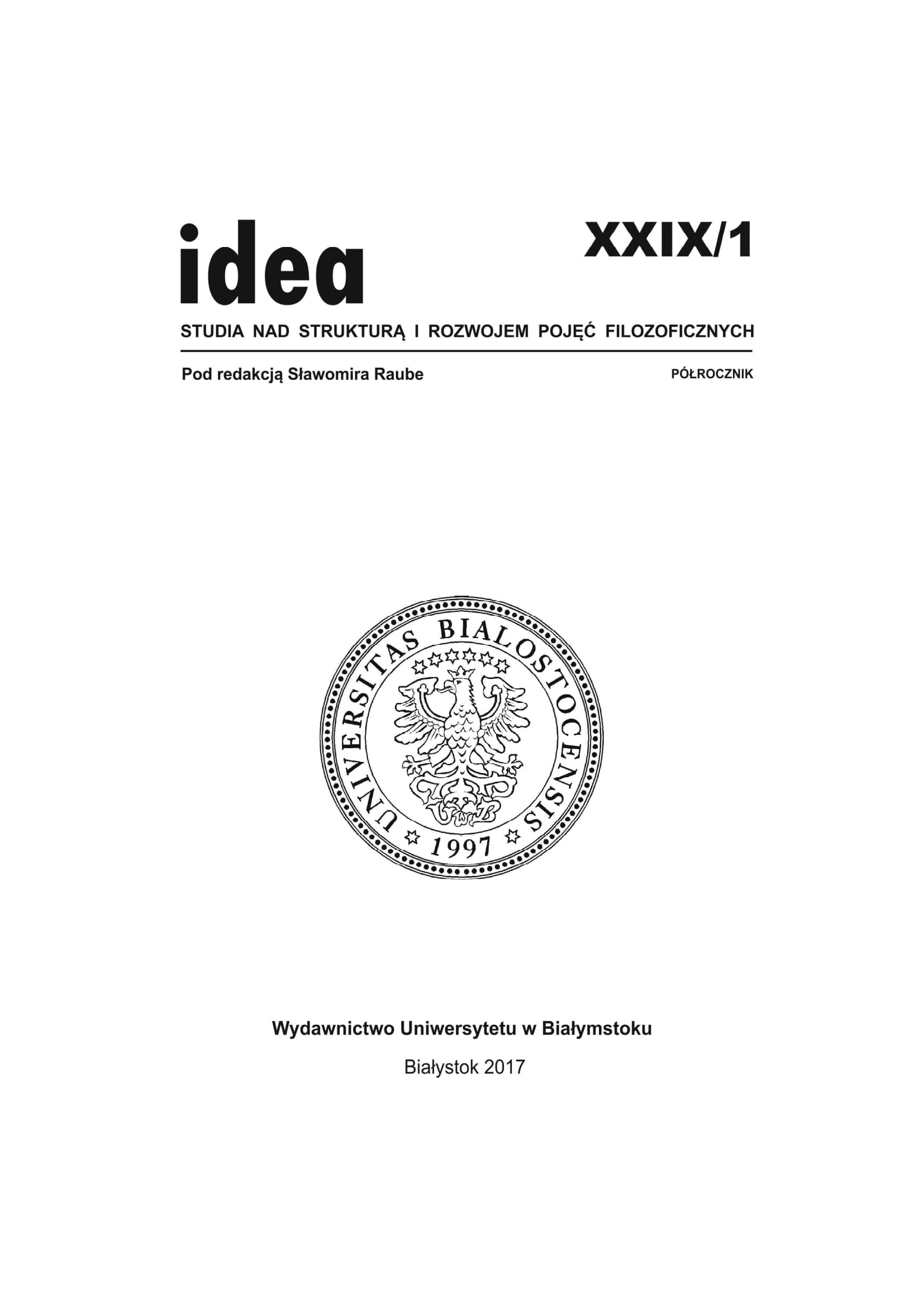That ‘Nothing’ is ‘Something’: A critique of Sartre’s existentialism
That ‘Nothing’ is ‘Something’: A critique of Sartre’s existentialism
Author(s): Anthony Afe. AsekhaunoSubject(s): Philosophy, History of Philosophy, Philosophical Traditions, Contemporary Philosophy, Existentialism
Published by: Wydawnictwo Uniwersytetu w Białymstoku
Keywords: Being; existentialism; no-thing-ness; some-thing-ness; thing-ness; essentialism
Summary/Abstract: That thing, called nothing, is, in the least, something. It is something because everything, indeed, anything has a name; and it doesn’t matter whether what is being referred to is membered (true), or non-membered (false). This means that there actually are two senses of existence: something- ness and no-thing-ness; whether it is some or none, the central being is thing or thing-ness. This could be demonstrated from the angle of reference (epistemology), meaningfulness (linguistic), inference (Logic), and the relevance of an absence of some certain reality (usually negative and undesirable) in the definition another reality (night-day, God-Satan, good-bad, right-wrong, etc). By the writings of classical and modern theorists, these concepts and perceptions ignite contemplating reality beyond immediate experience dissolving into the following ideas: perception versus independent reality; that every event has a cause vis-a-vis the idea/law of contingency and necessity; corporeality/materiality versus immateriality; tension between essence or existence; and ultimately the scope or nature of being in relation to non-being. Present article argues that for anything to count as nothing, it must be something which essence is nothingness. It concludes that, if the essence of a thing is thing-ness, and if the essence of nothing is nothingness, then, nothing is ultimately something which thing-ness rests in its nothingness.
Journal: Idea. Studia nad strukturą i rozwojem pojęć filozoficznych
- Issue Year: 1/2017
- Issue No: XXIX
- Page Range: 339-348
- Page Count: 10
- Language: English

